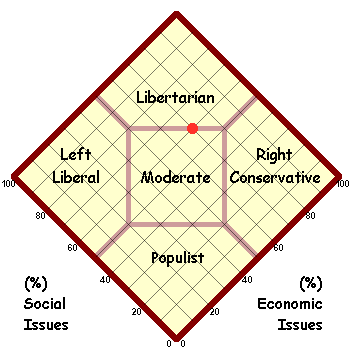 By Atul Gawande
By Atul GawandeNew York Times Guest Columnist
As a surgeon, I’ve worked with the veterans’ health system, Medicare, Medicaid and private insurance companies. I’ve seen health care in Canada, Britain, Switzerland and the Netherlands. And I was in the Clinton administration when our plan for universal coverage failed. So, with a new health reform debate under way, what I want to tell you in my last guest column is this:
First, there is not a place in this world that is not struggling to control health costs while providing high-quality, easily accessible care. No one — no one — has a great solution.
But second, whether as a doctor or as a citizen, I would take almost any system — from Medicare-for-all to a private insurance voucher system — over the one we now have. Job-based insurance is bleeding away the viability of American businesses — even doctors complain about the cost of insuring employees. And it has left large numbers of patients without adequate coverage when they need it. In the last two years, for example, 51 percent of Americans surveyed did not fill a prescription or visit a doctor for a known medical issue because of cost.
My worry is less about what happens if we change than what happens if we don’t.
This week, Barack Obama released his health reform plan. It’s a puzzle how you are supposed to regard presidential candidates’ proposals. They are treated, by campaigns and media alike, as some kind of political G.P.S. device — gadgets primarily for political positioning. So this was how Mr. Obama’s plan was reported: it is a lot like John Edwards’s plan and the Massachusetts plan signed into law by Mitt Romney last year; and it has elements of John Kerry’s proposal from four years ago. In other words — ho hum — another centrist plan. No one except policy wonks will tell the proposals apart from one another.
Well, all this may be true. And if what you care about is which candidate can one-up the others, it is rather disappointing. But if what you care about is whether, after the 2008 election, we’ll be in a position to finally stop the health systems’ downward spiral, the similarity of the emerging proposals is exactly what’s interesting. I don’t think you can call it a consensus, but there is nonetheless a road forward being paved and a growing number of people from across the political spectrum are on it — not just presidential candidates, but governors from California to Pennsylvania, unions and businesses like Safeway, ATT and Pepsi.
This is what that road looks like. It is not single-payer. It instead follows the lead of European countries ranging from the Netherlands to Switzerland to Germany that provide universal coverage (and more doctors, hospitals and access to primary care) through multiple private insurers while spending less money than we do. The proposals all define basic benefits that insurers must offer without penalty for pre-existing conditions. They cover not just expensive sickness care, but also preventive care and cost-saving programs to give patients better control of chronic illnesses like diabetes and asthma.
We’d have a choice of competing private plans, and, with Edwards and Obama, a Medicare-like public option, too. An income-related federal subsidy or voucher would help individuals pay for that coverage. And the proposals also embrace what’s been called shared responsibility — requiring that individuals buy health insurance (at minimum for their children) and that employers bigger than 10 or 15 employees either provide health benefits or pay into a subsidy fund.
It is a coherent approach. And it seems to be our one politically viable approach, too. No question, proponents have crucial differences — like what the individual versus employer payments should be. And attacks are certain to label this as tax-and-spend liberalism and government-controlled health care. But these are not what will sabotage success.
Instead, the crucial matter is our reaction as a country when the attacks come. If we as consumers, health professionals and business leaders sit on our hands, unwilling to compromise and defend change, we will be doomed to our sliding global competitiveness and self-defeating system. Avoiding this will take extraordinary political leadership. So we should not even consider a candidate without a plan capable of producing agreement.
The ultimate measure of leadership, however, is not the plan. It is the capacity to take that plan and persuade people to find common ground in it. The politician who can is the one we want.
Atul Gawande, a surgeon at Brigham and Women’s Hospital in Boston and a New Yorker staff writer, is the author of the new book “Better.” He has been a guest columnist this month.











